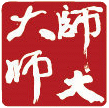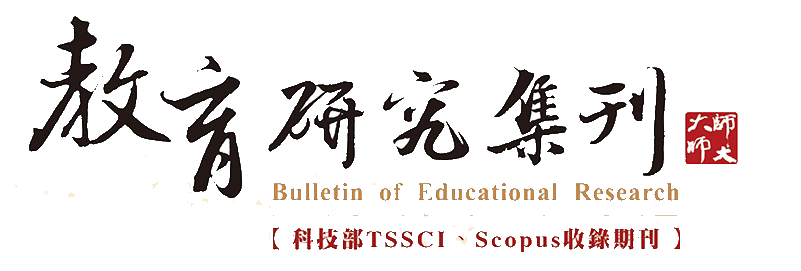| 篇名 | |
|---|---|
| 並列篇名 | The New Research Horizon in School Leadership: Leaders’ Aesthetic Practice |
| 作者 | 黃宗顯 |
| 中文摘要 | 學校領導不僅要有科學思考,也要有美學的修為和實踐。這可以從領導是一種藝術的說法見其端倪。然而,臺灣學者以往對於與學校領導美學實踐有關的專門研究並不多,此種情形可能與多數學者受教背景較偏於管理科學有關。本文將學校領導的美學實踐界定為:「領導學校的作為,能融入運用美學的思考與原理,或展現出與其相符合的特徵」。本文首先從臺灣有關學校領導的專書、領導研究的整合性分析以及期刊論文資料,反省此一主題研究的不足狀況。接著,再舉述國內外學校領導美學實踐有關的立論及其啟示。最後,提出「修鍊美學素養」、「展現兼容並蓄、拿捏得宜的作為」、「感知與欣賞領導對象的美」、「具轉化、生成作用的文化與制度」、「領導作為之美學批判與超越」、「領導實踐的精神性」等十項學校領導的美學實踐作為以供參考。 |
| 英文摘要 | School leadership requires not only scientific thinking but also aesthetic practice. The claim leadership is a kind of art illustrates the concept. Leaders should pay attention to the aesthetic dimensions of their leadership activities. However, researches related to school leaders’ aesthetic practice are lacking in Taiwan. This condition might be due to the dominant thinking of the scientific management of school administrative scholars’ education. This article defines the aesthetic practice of school leadership as applying aesthetic thinking and rationales, or performing the characteristics of aesthetics in the school leadership process. The author examines the neglect of aesthetic inquiry in Taiwanese leadership literature, reviews some significant aesthetic discourses on school leadership, and provides ten suggestions for school leaders’ aesthetic practice, including disciplining aesthetic capacity, inclusion and just-for-fit decision making, appreciating the targets of leadership, generative culture and regulations, critique and innovation, spiritual practice, etc. |
| 起訖頁 | 001-028 |
| 關鍵詞 | 領導美學實踐、領導美學、學校領導、aesthetic practice、aesthetics of leadership、school leadership |
| 刊名 | 教育研究集刊 |
| 期數 | 201009 (56:3期) |
| 出版單位 | 國立臺灣師範大學教育學系 |
| 該期刊-下一篇 | 教師專業發展評鑑促進組織學習之個案研究 |








